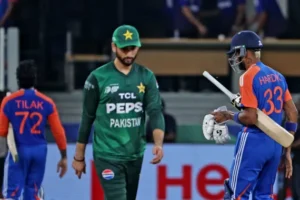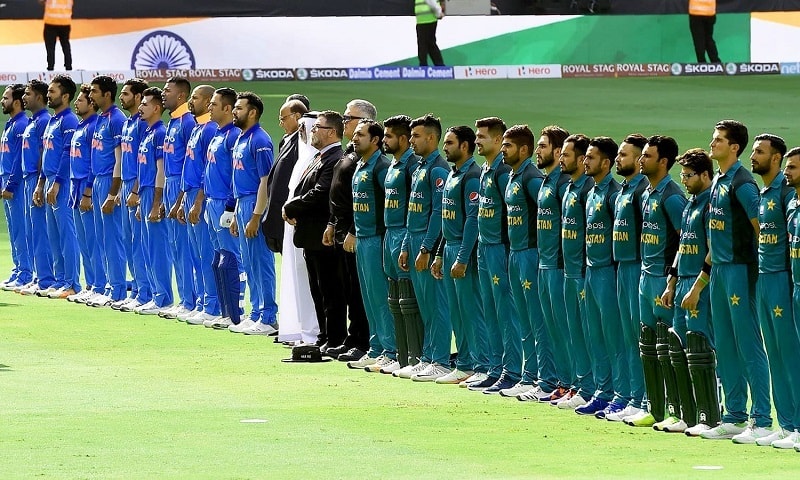Call of Duty movie is reportedly a new priority for Paramount as executives explore rights talks to bring the blockbuster game franchise to theaters. The studio’s leadership, following the Sky dance Paramount merger, appears aligned on pursuing a large scale adaptation that can anchor a multi film strategy.
Why this move now
First, the success of recent game adaptations has reset expectations for what a faithful, cinematic translation can deliver at the box office. Second, Paramount’s Sonic the Hedgehog wins demonstrated that smart stewardship and family to fan funneling can drive repeat viewership across installments. Third, a Call of Duty movie offers genre breadth, spanning WWII epics to modern ops thrillers, which gives the studio flexibility in tone and timeline.
What is being reported
Reports indicate Paramount is negotiating to secure film rights and classifying the project as a top slate priority. While no talent has been announced, internal momentum suggests the package is being positioned for fast development once rights are finalized. Notably, a prior Activision led cinematic universe stalled years ago, making this a fresh studio-led push.
Adapting a sprawling franchise
A Call of Duty movie faces a core challenge: the games are anthology-like, not a single narrative. Nevertheless, the franchise contains standout campaigns Modern Warfare arcs, Black Ops intrigue, and WWII storylines, that can anchor self-contained films while leaving room for cross film connective tissue. Consequently, the first entry can start with a focused unit story and expand into a broader universe if audiences respond.
Creative directions on the table
-
Modern thriller: Lean into special operations, moral ambiguity, and tech-driven warfare reminiscent of the Modern Warfare era.
-
Historical epic: Return to the franchise’s WWII roots with a character-led mission behind enemy lines.
-
Black-ops conspiracy: Explore deniable missions, shifting loyalties, and Cold War echoes that suit a twist-heavy screenplay.
Each path allows the Call of Duty movie to balance authenticity, spectacle, and character stakes while establishing visual and musical signatures that can carry across sequels.
Business calculus
From a portfolio view, Paramount needs tent poles that complement Mission: Impossible and expand audience reach. A Call of Duty movie can attract core gamers, military action fans, and general audiences if marketed around character first stakes rather than lore alone. Additionally, global distribution potential is strong given the franchise’s name recognition and long-running sales dominance.
Lessons from prior attempts
Activision once pursued a shared universe and even circled directors and stars, yet momentum faded without a greenlight. This time, studio-led packaging rights first, then writer director alignment could streamline approvals and budgeting. Therefore, early clarity on tone and era may prevent scope creep and help land the right creative partners.
What success could look like
If the Call of Duty movie anchors a grounded, character driven narrative, word of mouth can amplify beyond gamers. Furthermore, cross media activations trailers synced with a major franchise release window, experiential events, and esports tie ins can widen reach. Finally, a consistent release cadence could build a film series with flexible timelines similar to how the games jump eras.
Risks and mitigations
-
Narrative focus: Anthology source material risks a thin throughline; pick one era and commit to a tight mission arc.
-
Authenticity vs. accessibility: Military detail must support story, not overwhelm it; advisors can ensure realism without jargon.
-
Franchise expectations: Balance fan-favorite nods with original characters to avoid overreliance on cameos.
Because the brand is massive, misalignment between audience expectations and film tone is the biggest avoidable pitfall for a Call of Duty movie.
Outlook
Paramount’s pursuit signals intent to compete in the growing games to films pipeline, where brand equity and story craft must align. If rights close soon, development timelines could accelerate, with creative attachments following quickly to hit a favorable release window. In short, a Call of Duty movie could emerge as a marquee play provided the adaptation prizes character, coherence, and repeatable thrills.

















